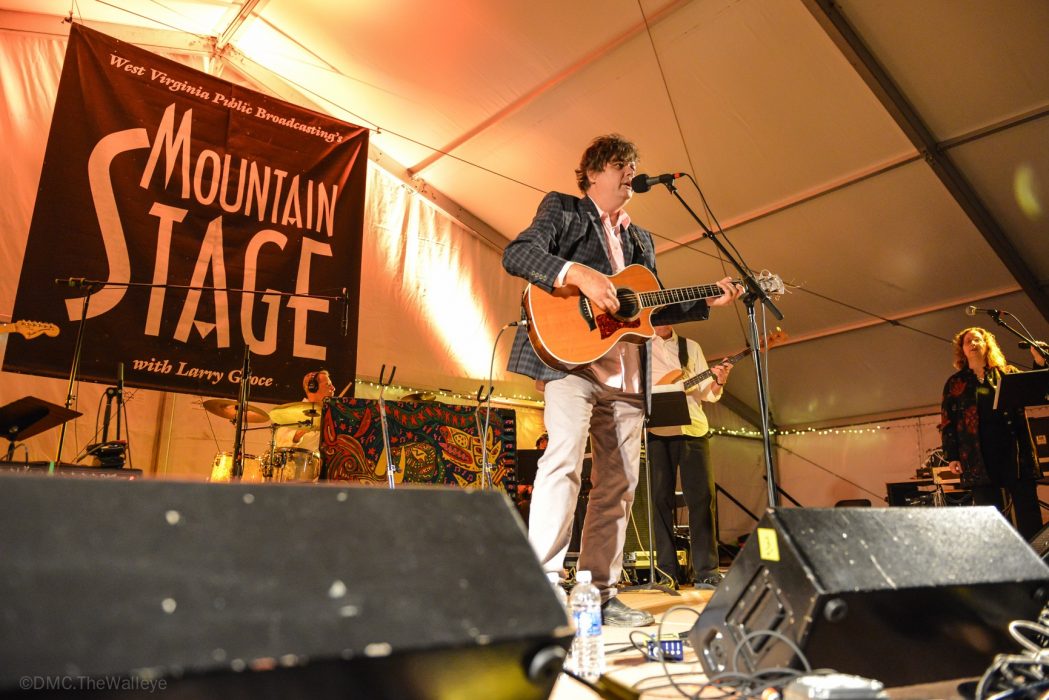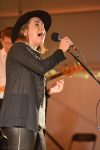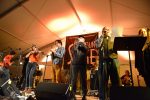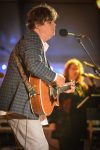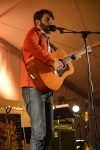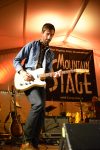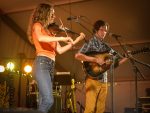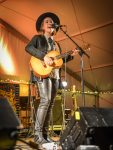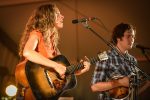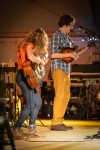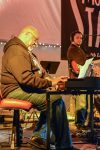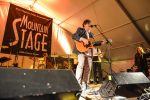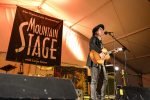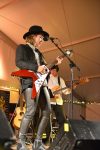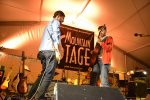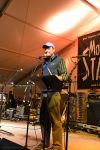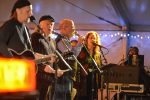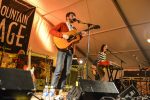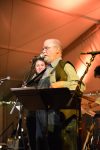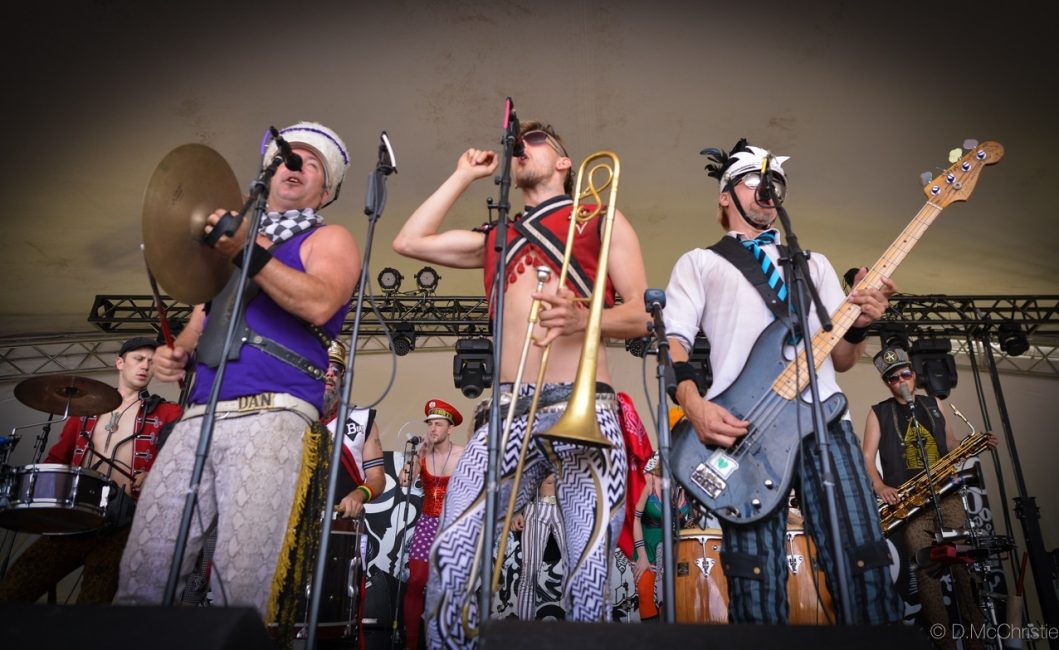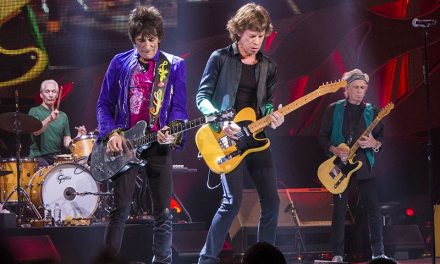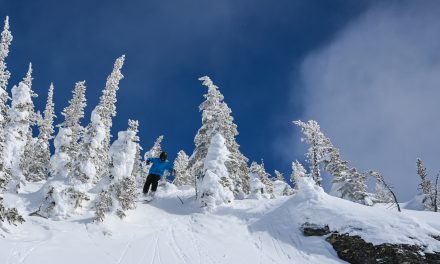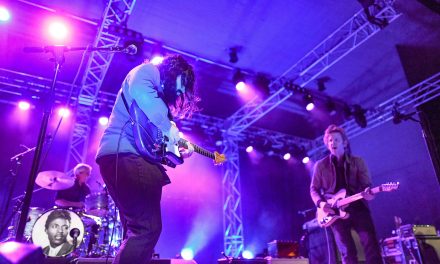By Michelle McChristie, photos by Darren McChristie
Earlier this year, Grand Marais earned the distinction as being the “America’s Coolest Small Town” by Budget Travel magazine. They define cool as having “an energetic vibe that often combines community spirit with a vibrant arts scene, great food, natural beauty, and unique history.” The best thing about Grand Marais is that it’s possible to experience all of this in one night. It’s kind of ironic to head south to a small town in the “North Country” for a big city experience.
The North House Folk School is a key attraction in Grand Marais. Founded by a volunteer board of directors in 1997, North House’s mission is “to enrich lives and build community by teaching traditional northern crafts in a student-centered learning environment that inspires the hands, the heart and the mind.” Throughout the year, they offer a multitude of courses ranging from boat building and fibre arts to sailing and woodcarving, as well as a variety of programs and events, such as Unplugged—their signature fall event.
The setting for Unplugged is idyllic—a big white tent set up in the middle of the North House campus, a stone’s throw from Lake Superior. The main attraction of this three-day event is the music (which is often plugged in) and this year had a diverse and impressive lineup that included Ron Sexsmith and Serena Ryder, who played on Friday night. Needless to say, the tent was peppered with Canadians—familiar faces were everywhere.
For the fifth and final year, West Virginia Public Broadcasting’s Mountain Stage taped two episodes at Unplugged, making for a total of 10 episodes (or 40 hours) of radio featuring 50 artists. Co-founder and host Larry Groce didn’t say why they were cutting ties with Grand Marais—maybe the town is too cool for them.
As with any live music event, it’s often the acts that one has never heard of that leave a lasting impression—like Mandolin Orange, a duo from North Carolina, and Texan Jimmy LaFave accompanied by guitar prodigy Anthony da Costa. Mandolin Orange’s music is simple and sweet. Emily Frantz and Andrew Marlin have young faces with mature voices and their sound is best described as Americana/folk with pitch-perfect harmonies. The Unplugged audience listened to the lyrics and laughed at all the right places. Although amplified, the guitar, mandolin and fiddle were quiet—as Frantz said, “this will probably be the quietest music you’ll hear tonight.” When Serena Ryder walked onto the stage sporting black leather pants and her V-shaped electric guitar, I knew she was right.
I have to admit that I am not a fan of Serena Ryder’s Top 10, triple platinum hit “Stompa,” but I had to smile when she cranked out the opening guitar riff. Whereas most multi-genre events aim for a gradual crescendo, Ryder moved the audience from toe tapping to chair dancing in one verse. Backed by the Mountain Stage Band, her set included “Ice Age” from her forthcoming album, “What I Wouldn’t Do,” and the sing-along, “It’s No Mistake,” during which the audience consistently forgot one line (some musicians have high expectations!). Ryder earned a standing ovation—the first of three that evening.
John Mark Nelson and his band turned the volume back down a few notches for the next set. Hailing from Minnesota, the group has a sound that is similar to the Great Lake Swimmers and delivers sophisticated lyrics and tight arrangements. The highlight of their set was “That’s What You Do,” from Nelson’s latest album I’m Not Afraid.
Ron Sexsmith’s performance was his fourth on Mountain Stage (he mentioned this twice, so I felt it an important point to include). With his characteristic deadpan humour, he explained the title of his new album, Carousel One, saying “It’s named after a baggage carousel at LAX.” Also backed by the Mountain Stage Band, Sexsmith played a mix of old and new songs, such as the bluesy “Getaway Car.” “I always like to rock with the roll, otherwise you’re just pouring wet cement in your ears,” he said to introduce the song. Sexsmith intended to play two songs solo, but was informed he had 10 more minutes in his set after they were done. He played a slowed-down version of “Love Shines” allowing the audience to drink in and savour every note and word, and closed to a standing ovation with “Former Glory.”
“We couldn’t let him go with just four songs—we’re paying him fifty bucks!” said Mountain Stage’s Larry Groce before introducing the headliner, Jimmy LaFave. When a guy walks on stage dressed in black, including a black scally cap worn backwards, and carrying a black acoustic guitar, I think it’s safe to assume you’re in for a good show. Such was the case with LeFave, a folk singer-songwriter with rock tendencies. LeFave showered his guitarist, Anthony da Costa, with praise throughout his set, which might have been cheesy had he not been awesome. Da Costa added a searing explosion of notes to every song.
Towards the end of their set, the wind picked up and the tent walls seemed to breath, moving in and out like giant bellows. Almost on cue, LeFave said, “I want to do this song because it has the word Canada in it,” and then played Neil Young’s “Journey Through the Past.” Sublime. LeFave closed his set with Bob Dylan’s “Queen Jane Approximately”—so fitting, given our location on Highway 61.
- Serena Ryder
- Ron Sexsmith
- Serena Ryder
- Ron Sexsmith
- Serena Ryder
- Serena Ryder
- Serena Ryder
- Serena Ryder


